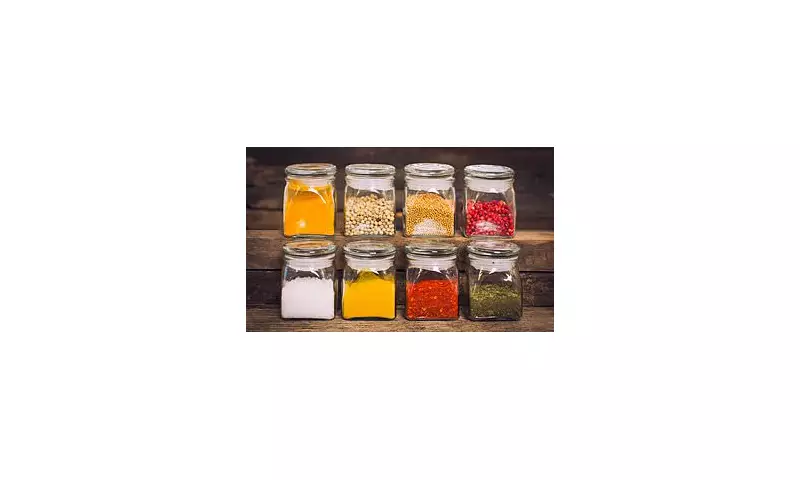
Could your kitchen cupboard hold the secret to better gut health? Emerging research suggests that ordinary herbs and spices might be powerful allies in nurturing your digestive system and overall wellbeing.
The Flavourful Path to Better Digestion
Nutrition experts are increasingly focusing on the remarkable benefits that common culinary additions can provide. Rather than expensive supplements or complicated diets, the solution to improved gut health might already be sitting on your spice rack.
Why Your Gut Loves Herbs and Spices
These flavour-packed ingredients contain concentrated amounts of polyphenols and other bioactive compounds that serve as prebiotics – essentially food for the beneficial bacteria in your gut. A diverse gut microbiome has been linked to numerous health benefits, from improved digestion to enhanced immune function.
Top Gut-Friendly Choices for British Pantries
- Turmeric: The golden spice contains curcumin, known for its anti-inflammatory properties
- Ginger: Excellent for soothing digestive discomfort and reducing bloating
- Garlic: Packed with prebiotics that feed healthy gut bacteria
- Cinnamon: May help regulate blood sugar while supporting gut diversity
- Oregano: Contains antimicrobial properties that can benefit gut balance
Simple Ways to Incorporate More Herbs and Spices
You don't need to become a master chef to reap the benefits. Start by adding fresh herbs to salads, sprinkling spices into soups and stews, or creating simple herb-infused oils. Even your morning porridge can benefit from a dash of cinnamon or nutmeg.
The Cumulative Effect Matters
Researchers emphasise that consistency is key. Rather than occasional large amounts, regularly incorporating small quantities of diverse herbs and spices into your daily meals appears to be most beneficial for long-term gut health.
As with any dietary changes, consult with a healthcare professional if you have specific health concerns or conditions.





